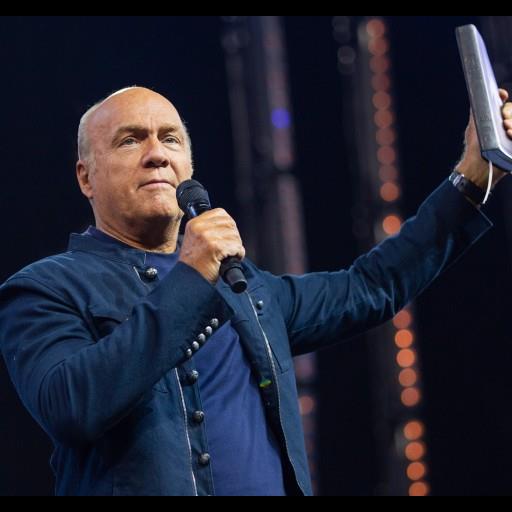Not too long ago, I read that violence on television is at an all-time high. Then, of course, there is all the sexual perversion that is depicted.
In addition to all that, it seems like people are going out of their way to get God out of our culture. Not only do they want to elevate perversion, but they want to demote God. They want Him out of the picture — out of everything, for that matter.
This can be very discouraging to us as Christians. We can be tempted to think, Well, really there is no hope. There is nothing the church can do and there is certainly nothing that I can do.
But I want you to know that is simply not true. In 1 Kings 17, we find the story of one man who lived at a time in Israel’s history that closely parallels our world today.
Elijah lived during one of the darkest and most evil times in the history of Israel. It reminds us that when God is abandoned, moral breakdown will always follow. That is because you cannot have morality without spirituality. And you can’t have real morality without a relationship with the living God.
That is what happened to Israel. They had pushed God out of their culture. It is not that they didn’t believe in God any more. But they elevated other gods to an equal level as they engaged in open idolatry.
For more than 100 years, Israel had lived under the reign of three kings: Saul, David, and Solomon. Each had their flaws, some more than others.
At the end of Solomon’s reign, a civil war broke out, and Israel was divided into northern and southern kingdoms. Israel had become progressively more and more wicked when King Ahab emerged, who was the most sinful of all.
His wife Jezebel was even more wicked than him in many ways. She was effectively the power behind the throne. She was also a full-tilt idol worshipper, and soon the nation was turning to idolatry too. Of the thousands who were under Ahab’s reign, there were only 7,000 who had not bowed their knee to the false god of Baal.
It was into this wicked moral climate that God’s man, Elijah, burst on the scene: “Now Elijah, who was from Tishbe in Gilead, told King Ahab, ‘As surely as the Lord, the God of Israel, lives — the God I serve — there will be no dew or rain during the next few years until I give the word!’ ” (1 Kings 17:1 nlt).
Elijah threw down a gauntlet that challenged the very nerve center of the country and the people: he declared a drought.
How was he able to take such a bold step? Because he knew God. Elijah, in contrast to Ahab and Jezebel and most of Israel at this point, served a living God — not a dead one. Elijah recognized that wherever he was, he was in the presence of God.
Second, Elijah was a man of prayer. James 5:17 tells us, “Elijah was a man with a nature like ours, and he prayed earnestly that it would not rain; and it did not rain on the land for three years and six months” (nkjv). It was Elijah’s prayer in private that was the source of his power in public.
Third, Elijah faithfully delivered the message. And it was not an easy message God had given him to deliver. He wasn’t even able to offer any hope. But Elijah delivered God’s message, and he delivered it in its entirety.
Lastly, Elijah was a man of faith and obedience. He faithfully delivered the message to Ahab and Jezebel, but then God told him to go disappear. So for three years, Elijah disappeared into obscurity. God would eventually use him to challenge the prophets of Baal on Mount Carmel, but the Lord had to first do some work on the prophet’s heart. He wasn’t ready yet.
Maybe you are in a place right now where the Lord is telling you to step forward, or maybe He is telling you to step back. Perhaps He is telling you to speak up, or He might be telling you to be quiet and just obey.
May God help us to be like Elijah — not a perfect person or a flawless person, but a godly person. And may God use us to be people who will affect our generation — people who will make a difference.





